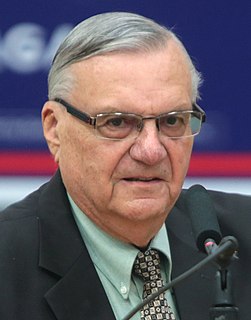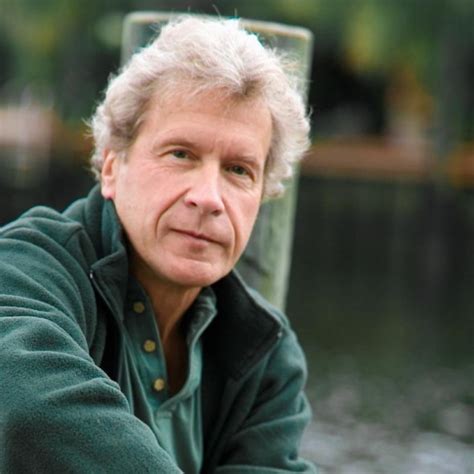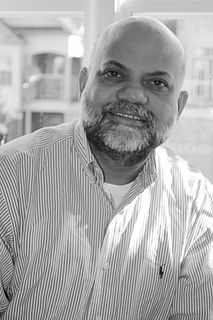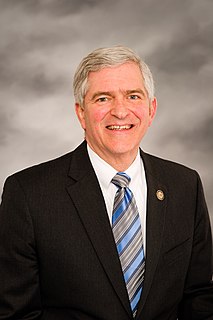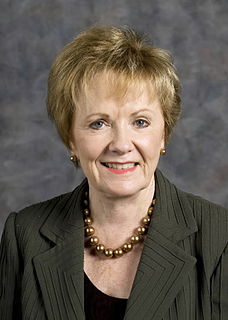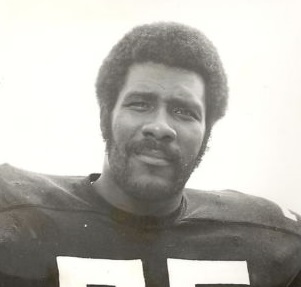A Quote by Joe Arpaio
The Mexicans bowed down when we talked about removing their foreign aid, and then they began cooperating with our country.
Quote Topics
Related Quotes
Then there is my country, the Philippines. President Rodrigo Duterte placed most of the country under a lockdown on the ides of March. Surrounded by men in uniform, he cut public transportation and talked about home quarantine, checkpoints and curfews, but said little about the virus or economic aid for those in need.
A nation as such does not give aid to another nation. More precisely, the common citizens of our country, through their taxes, give to the privileged elites of another country. As someone once said: foreign aid is when the poor people of a rich country give money to the rich people of a poor country.
